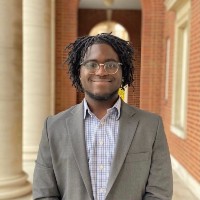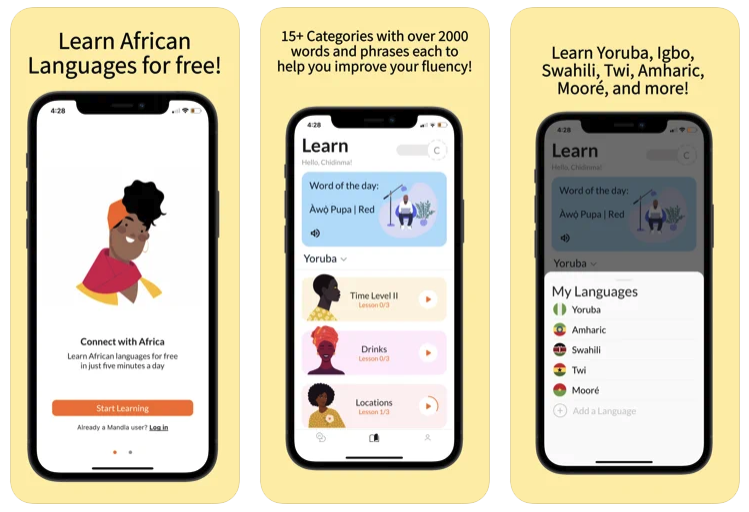By: Celeste Malone
During his winter break in 2020, sophomore electrical engineering and mathematics double major, Wenitte Apiou, was struck with an idea that stemmed from his native African roots.

In Burkina Faso, West Africa, where Apiou grew up, the national language is French. After moving from West Africa to the U.S., Apiou realized that he hadn’t had the opportunity to learn his family’s native languages, like Mooré and Kassem.
“This is something that always bothered me,” Apiou said. “It makes it difficult to communicate with some of my family members who might not speak French due to not returning to school after the national language was authorized.”
When he was unable to find tools to help him learn those native tongues, his goal became clear—to deliver an accessible language learning program for African languages that often are left out of mainstream platforms.
To assist him in this endeavor, Apiou built a team including, Delanyo Mensah, a second-year Vanderbilt human and organizational development student, two students from Harvard University and one from MIT.
In searching for resources to help him think through his project, Apiou turned to the Wond’ry, Vanderbilt’s Innovation Center. After presenting his idea, he was invited to join the Wond’ry’s 2021 Builder Program, which provides a step-by-step launch guide for aspiring entrepreneurs with early-stage ideas.
John Bers, adjoint professor of engineering management, assisted Apiou and his team in thinking through strategies and asked important questions related to the project.
“Dr. Bers helped us avoid a trap that many people fall into when they’re trying to start companies,” Apiou said. “Which is to fall in love with their solution to a problem, instead of thinking about the problem itself.”

The app, which they named Mandla, derives from the word “Amandla” or “power” in Zulu and Xhosa, a rallying cry in the face of apartheid-era oppression. Mandla includes a “Word of the Day,” a translation tool and interactive lessons for 10 languages so far. He also plans to introduce a social feature that will consist of a chat room with individuals conversing in the language the user is learning.
Drawing on his experience with individuals from a similar demographic, Apiou says that families who emigrated from African countries to the U.S. often only want their children to learn English, not their mother tongues.
“When you look at many of the languages spoken in Africa, even the major ones like Igbo, they are predicted to die by the end of the century just because the new generations aren’t speaking it,” Apiou said. “That’s why something like Mandla is essential to our generation and generations to come.”
The Mandla App is now available in the Google and Apple stores.